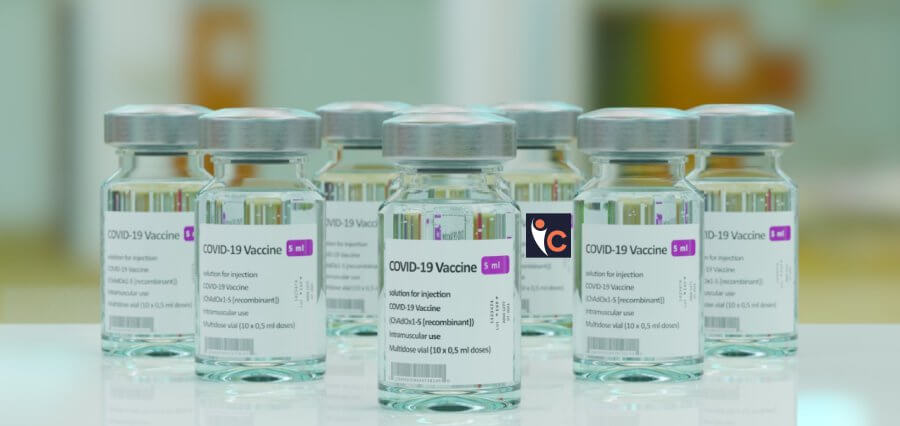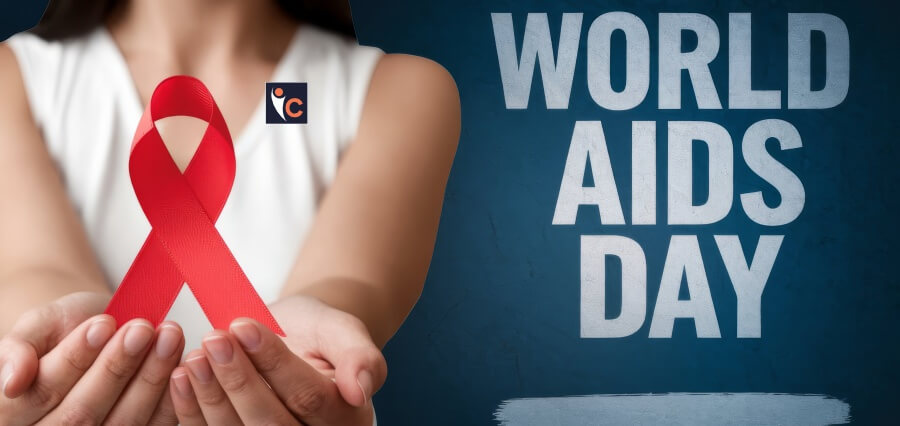This month, Yale University researchers published their findings as part of their investigation into the reasons why young men who have received full COVID-19 vaccinations are more likely to develop myocarditis.
This month, Yale published a study that found that young men, typically in their teens or early 20s, who received both doses of the COVID-19 vaccine had a higher risk of developing myocarditis.
Risk of Myocarditis
The American Heart Association describes myocarditis as a serious but uncommon condition. According to the organization, symptoms can frequently go away on their own, but they can occasionally result in a stroke, heart attack, or heart failure.
Yale concentrates on noticing that the gamble of myocarditis is higher among the people who are unvaccinated and who get Coronavirus than from getting the immunization. Researchers stated that the increased risk was not caused by the antibodies in the vaccine, despite the fact that there is also a link between COVID-19 infection and myocarditis. They claimed that inflammation and immune cells in general triggered the condition.
“The insusceptible frameworks of these people get excessively fired up and over-produce cytokine and cell reactions,” said Carrie Lucas, Yale academic partner of immunobiology and lead scientist.
“Variations in age, vaccine dose, or time after vaccination across individuals are considerations for interpretation and broad conclusions,” the researchers said, noting the study’s small sample size. Additionally, they asserted that the COVID-19 vaccine’s advantages far outweigh its risks.
Anis Barmada, the co-author of the study and Yale School of Medicine student, stated, “I hope this new knowledge will enable further optimizing mRNA vaccines, which, in addition to offering clear health benefits during the pandemic, have a tremendous potential to save lives across numerous future applications.”
| Read More news: Click here |










